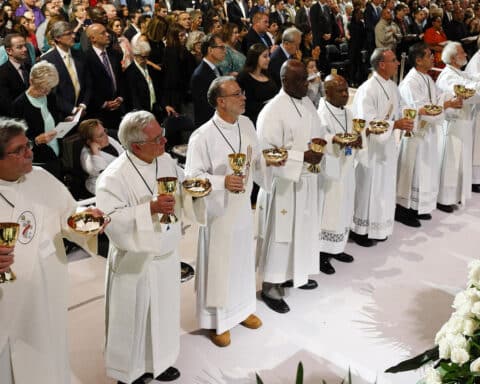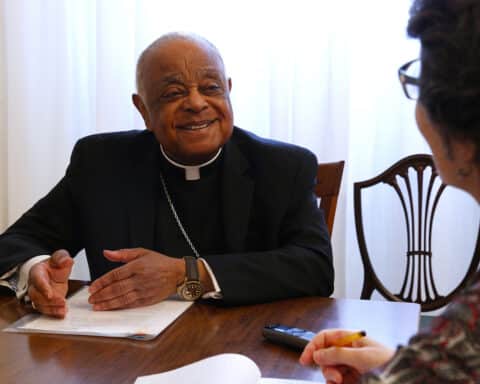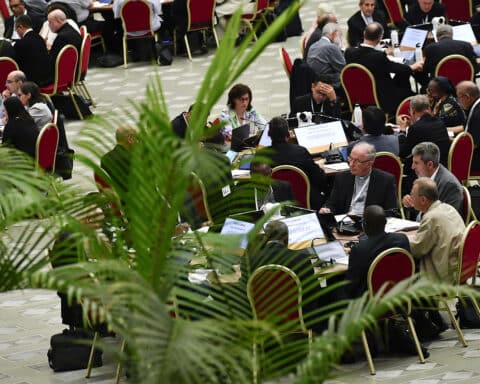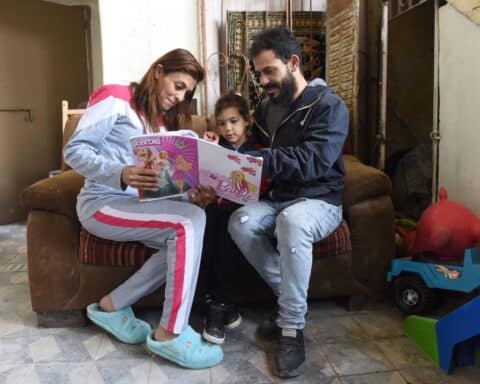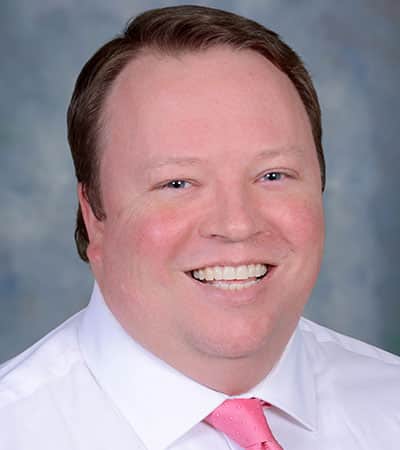
You could look at his post in one of two ways: Either he was taking a bit of a nasty jab at the Church and the synod or he was making a good-natured joke at the expense of what, on its face, does seem like a fairly absurd topic. Being charitable (and finding the joke pretty funny), I chose the latter.
In the early spring of 2020, the Vatican announced that the next Synod of Bishops would be held under the theme, chosen by Pope Francis, “For a synodal Church: communion, participation and mission.” A synod on syndality. How meta. How … perfectly Catholic.
For the past few months, Pope Francis has been telling anybody who will listen why he chose to focus on this particular subject. Synodality, Pope Francis said, “expresses the nature of the Church — its form, its style, its mission. The Greek word synod means ‘walking together.'”
It was announced this past May that the synod would be transformed “from an event into a process” and that all local Churches around the world were encouraged to participate in a “diocesan phase” that began on Oct. 17. While plans vary from diocese to diocese, Pope Francis said that the synod “offers us the opportunity to become a listening Church, to break out of our routine and pause from our pastoral concerns in order to stop and listen.”
And so I did.
On Oct. 17, I dragged my curiosity (and my mild cynicism) along with me to the local cathedral, where Bishop Kevin C. Rhoades of Fort Wayne-South Bend, Indiana, held a Mass to open the diocesan phase of the Synod of Bishops. I was wanting to learn more about what our diocese was planning, but I was also hoping to discern how it all relates to me. What role I can play. How I might be able to use my time or talent to benefit the synod. But also how being in tune with the goals and processes of the synod might benefit me as a husband, a father and a disciple of Christ.
In his homily, Bishop Rhoades echoed the words of Pope Francis, telling those in attendance that in order to best fulfill the mission of the Church within our diocese, we must walk together and listen to one another — actions, he said, that need to begin with himself and his fellow bishops. He used the example highlighted in the day’s Gospel reading where Christ called on the Twelve Apostles to lead through service. “The Church,” Bishop Rhoades said, is “a hierarchical communion. The hierarchy’s authority, under the guidance of the Holy Spirit, is the authority of service. Exercising authority in this Christ-like manner, it seems to me, includes us bishops listening to you, the People of God, as we lead and serve you. In exercising our authority, we are called to discern the Lord’s will, to obey Christ and to listen to the Holy Spirit.”
As Bishop Rhoades was saying this, it struck me that just as he is the head of the local Church, as parents, my wife and I are the heads of our domestic church — one that, too often, we rule over not as servant leaders who listen to our children, but as authoritarians who dictate, decree and yell. We convince ourselves that we are too busy to listen to their cares and concerns. We shoo them away because we are making dinner, or working in the garage, or helping their sibling with homework, or ….
But just as the Church belongs to the faithful and not just the pope, the cardinals and the bishops, our homes belong to our children. Perhaps a synodal way is needed there as well. Because only when we stop and listen can we truly walk together — as a Church and as a family.
Scott Warden is managing editor of Our Sunday Visitor.


